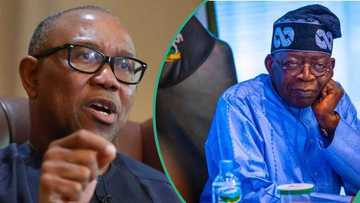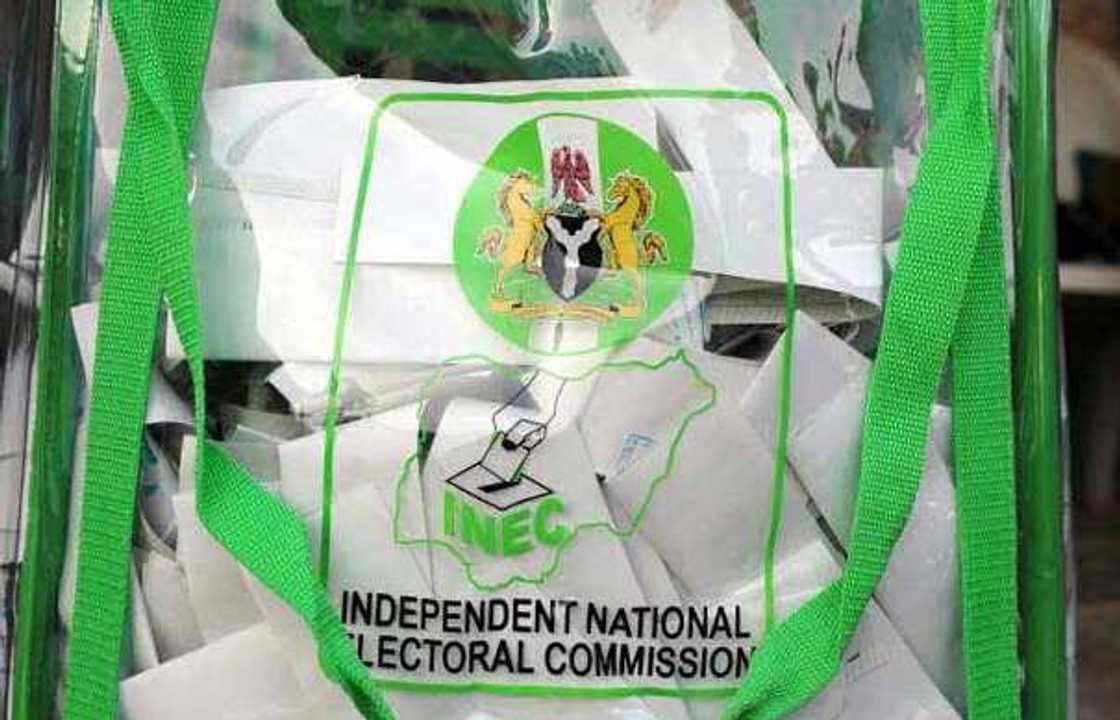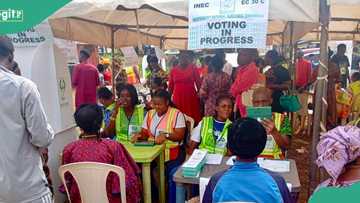Explainer: Understanding the Differences Between Rerun and Supplementary Elections in Nigeria
- Nigeria’s democratic journey since 1999 has seen the evolution of various electoral processes, including rerun and supplementary elections
- While both are special elections designed to uphold electoral integrity, they serve distinct purposes within the voting cycle
- This explainer breaks down the key differences, offering clarity on when and why each is conducted
Since Nigeria’s return to democratic rule in 1999, the country has conducted elections at regular intervals, typically every four years, for offices ranging from the presidency to state assemblies.
These elections form part of a broader political cycle that begins with party primaries, where candidates are selected to contest various positions.

Source: Getty Images
However, not all elections proceed as planned, and in certain cases, special elections are required to uphold the integrity of the process. Among these are rerun and supplementary elections, which serve distinct purposes.
This explainer outlines the key differences between rerun and supplementary elections, as defined by Nigeria’s electoral framework.
Supplementary elections in Nigeria, when voting is incomplete
Election management bodies in Nigeria are responsible for setting the timetable for electoral activities. These schedules may involve conducting elections on different days across various constituencies.
However, when voting cannot take place in some areas, due to logistical delays, security issues, or other unforeseen circumstances, a supplementary election is held.
Officials stated that “if, for different reasons, some elections cannot take place, the election management body determines another day to hold a supplementary election.” This mechanism ensures that all eligible voters are given the opportunity to cast their ballots, even if the initial schedule is disrupted.
Importantly, supplementary elections do not invalidate votes already cast. Instead, they complete the process in areas where voting was postponed or interrupted.
Rerun elections in Nigeria, addressing cancelled votes
Rerun elections are triggered when votes in certain polling units or constituencies are cancelled. These cancellations may result from incidents such as electoral violence, over-voting, or other forms of malpractice.

Read also
'Nigeria’s democracy is dying': Peter Obi warns, lists conditions to save country from collapse
Unlike supplementary elections, reruns are corrective in nature and aim to restore credibility to the electoral process.
Authorities explained that “a re-run is carried out when votes in polling units or areas of an election are cancelled.”
The decision to conduct a rerun hinges on two critical factors: the number of voters affected and whether this number exceeds the margin between the leading candidate and the runner-up.
For instance, in a hypothetical election in Kanga, Candidate A secured 170,000 votes while Candidate B received 160,000. If 9,000 votes were cancelled across nine polling units, the margin of 10,000 would still secure Candidate A’s victory, as the cancelled votes would not alter the outcome.
However, if 11,000 votes were cancelled, the margin would be smaller than the number of affected votes, prompting a rerun in those polling units to determine the final result.
See the explainer video below:
Why the distinction matters
While both rerun and supplementary elections are designed to uphold democratic principles, they serve different roles. Supplementary elections are logistical solutions to incomplete voting, whereas reruns are remedial measures addressing electoral irregularities. Understanding this distinction is crucial for voters, candidates, and observers seeking clarity on Nigeria’s electoral processes.

Source: Depositphotos
INEC declares Labour Party candidate winner after rerun
Legit.ng earlier reported that the Labour Party (LP) candidate, Ngene Bright Emeka, serving a jail term, has been declared the winner of the rerun election in Enugu South Urban Constituency of Enugu State.
Ngene is currently serving a seven-year jail term after an Enugu South Magistrate Court sentenced him to prison on 28 July 2024 over a communal crisis.
As reported by Premium Times, the re-run election was ordered after the 2023 election was nullified in eight polling units.
Proofreading by Kola Muhammed, copy editor at Legit.ng.
Source: Legit.ng



